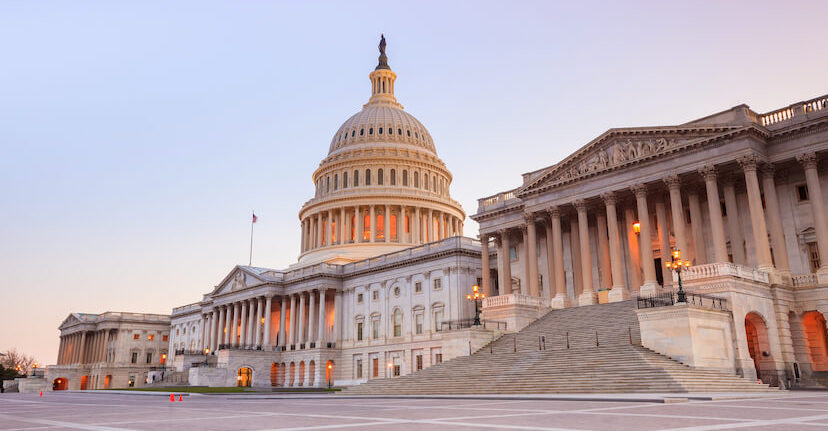All the Ways Your Finances Could Benefit from Congress’ New Spending Bill

Government Incentive
The House of Representatives passed a bill last week that would put $369 billion toward efforts aimed at fighting climate change, lowering electricity costs, and boosting the nation’s energy security. These investments are mostly structured as incentive programs in the form of tax beaks and rebates for households and businesses.
Individual consumers could qualify for benefits valued up to $10,000 or more when the various tax breaks and incentives are combined. In terms of electricity costs, the typical household could be looking at between $170 and $220 in savings per year, according to nonprofit organization Resources for the Future. Amercians could potentially save $278 billion over the next 10 years.
Energized Finances
Proponents of the spending bill maintain it will help make the US economy more versatile by leaving it less susceptible to energy shocks. For example, when the war in Ukraine broke out this year, oil and natural prices spiked. That caused significant volatility within domestic energy markets and impacted home electricity prices.
The legislation specifically addresses the nation’s energy needs by including a tax credit for the installation of solar panels. Equipment that harnesses wind power can also qualify. Minus these types of incentives, such setups are prohibitively expensive for many, as the average residential solar system costs around $15,000 to $25,000.
By the Numbers
In terms of electric vehicles, the legislation includes:
• A $7,500 tax credit for the purchase of a new electric vehicle, with certain exceptions and limits.
• A $4,000 credit toward the purchase of a used electric vehicle. Battery powered, plug-in hybrids, and hydrogen fuel cell vehicles are able to qualify.
In terms of projects in your home or place of business, the legislation includes:
• A 30% tax credit for solar panels or wind energy.
• Efficiency projects such as exterior windows, doors, and skylights could qualify for a credit ranging between $1,200 and $2,000.
• Rebate programs for home efficiency projects and energy efficient appliances.
It’s all a lot to take in and keep track of, and if signed into law, some features would take a while to kick in.
Looking to fund a home improvement project? SoFi Personal Loans have competitive rates and loan terms that may fit your budget.
View your rate
Terms and conditions apply. SOFI RESERVES THE RIGHT TO MODIFY OR DISCONTINUE PRODUCTS AND BENEFITS AT ANY TIME WITHOUT NOTICE. To qualify, a borrower must be a U.S. citizen or other eligible status, be residing in the U.S., and meet SoFi’s underwriting requirements. Not all borrowers receive the lowest rate. Lowest rates reserved for the most creditworthy borrowers. If approved, your actual rate will be within the range of rates at the time of application and will depend on a variety of factors, including term of loan, evaluation of your creditworthiness, income, and other factors. If SoFi is unable to offer you a loan but matches you for a loan with a participating bank, then your rate may be outside the range of rates listed above. Rates and Terms are subject to change at any time without notice. SoFi Personal Loans can be used for any lawful personal, family, or household purposes and may not be used for post-secondary education expenses. Minimum loan amount is $5,000. The average of SoFi Personal Loans funded in 2021 was around $33k. Information current as of 08/16/22. SoFi Personal Loans originated by SoFi Bank, N.A. Member FDIC. NMLS #696891 (www.nmlsconsumeraccess.org). See SoFi.com/legal for state-specific license details. See SoFi.com/eligibility for details and state restrictions.
Comments are closed.